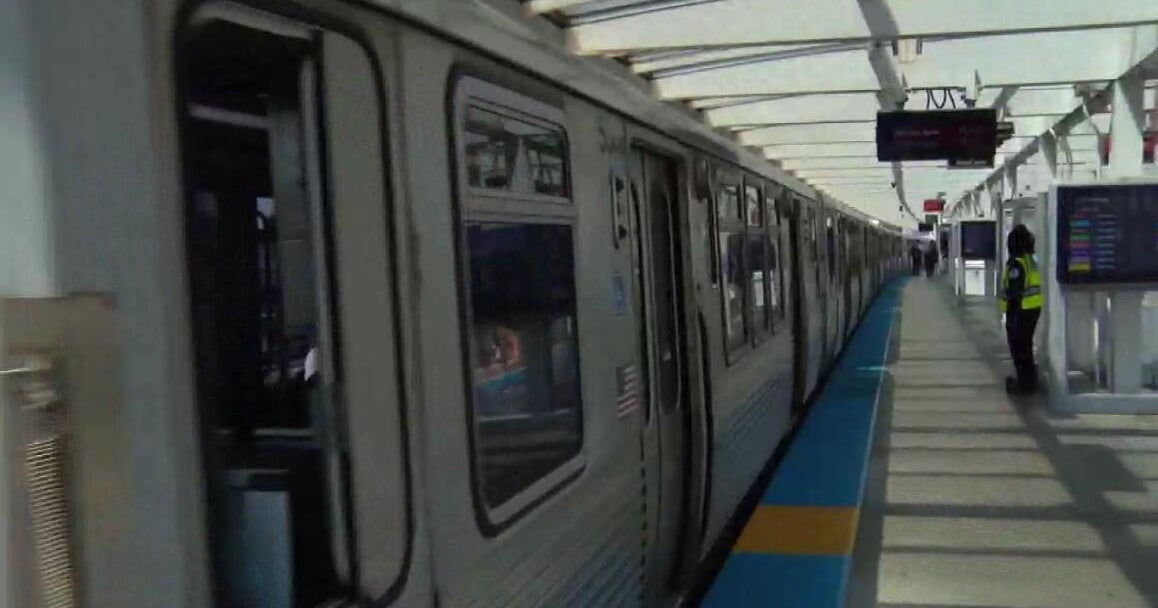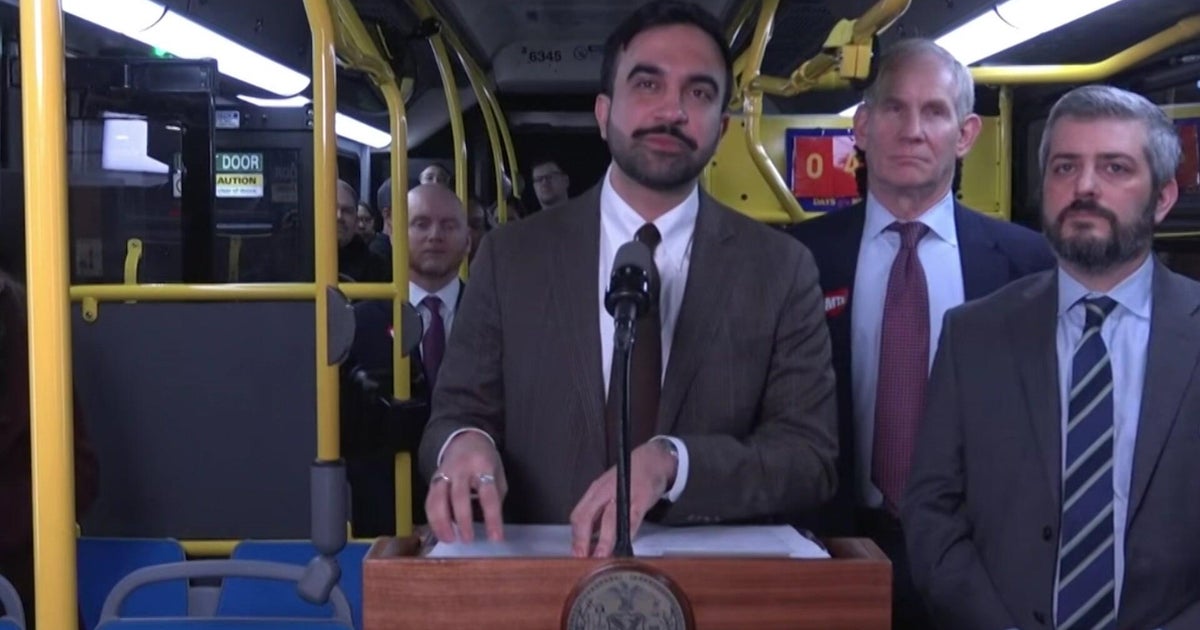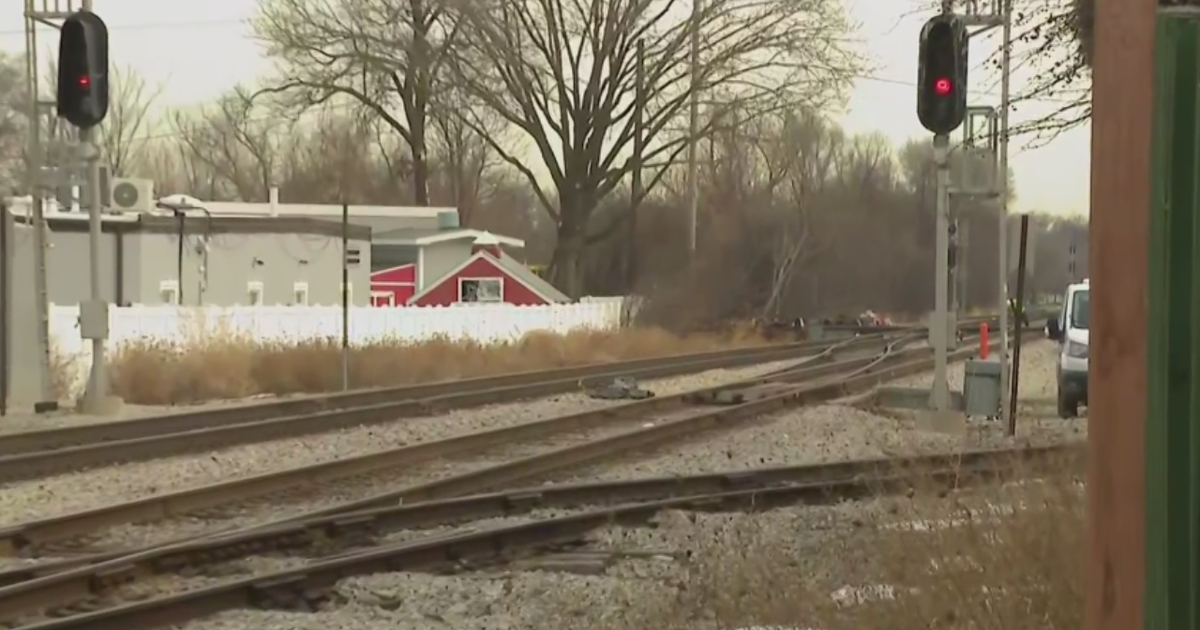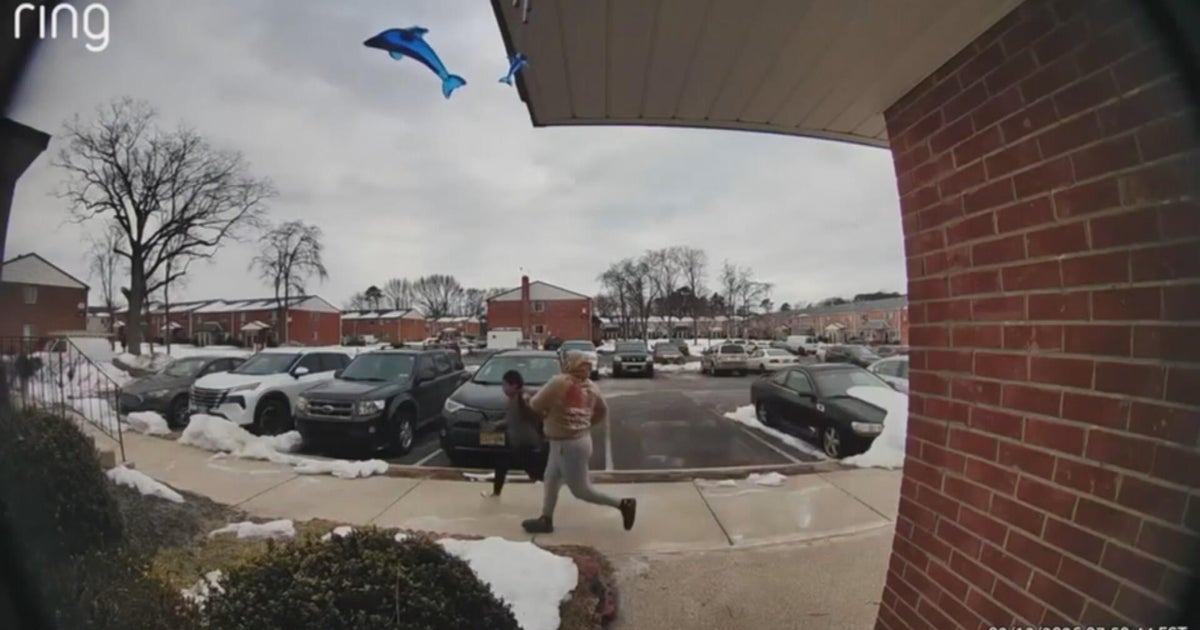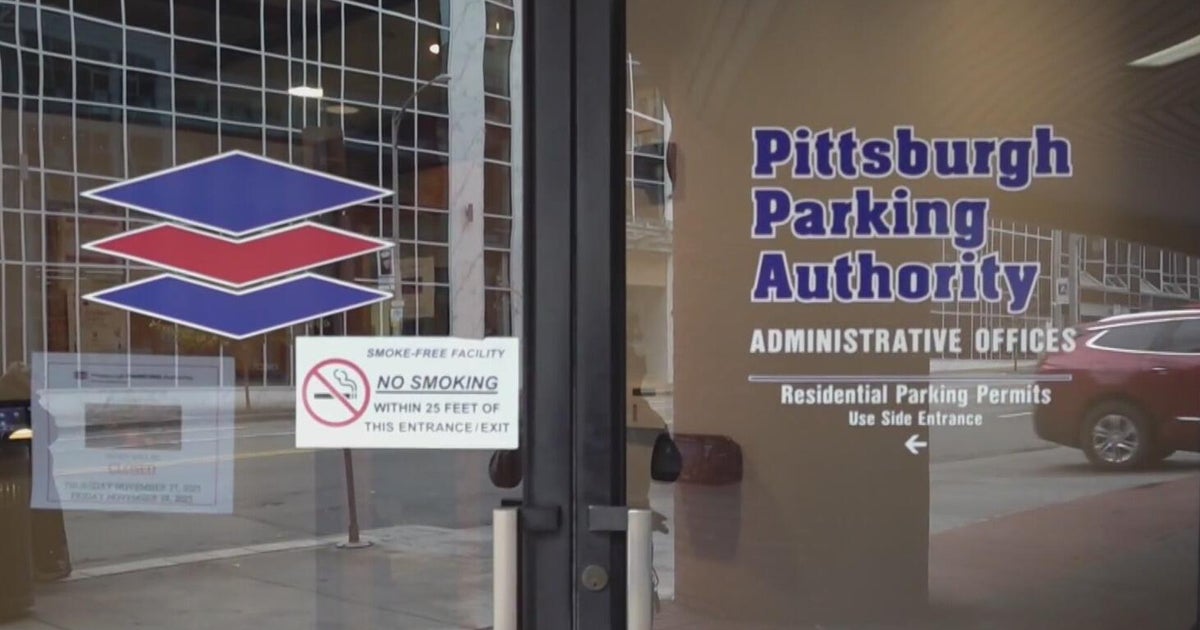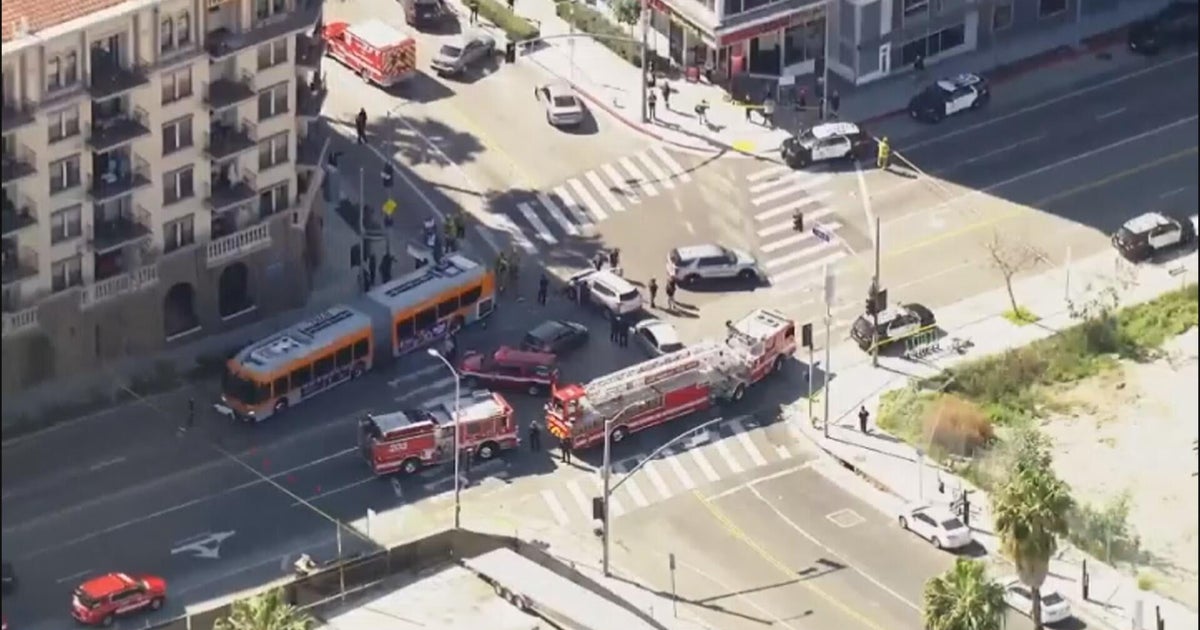Transit Officials Are OK With State Watchdog
CHICAGO (WBBM) - Top officials at Metra and the RTA say they back proposals to give the state's top watchdog the power to investigate the area's mass transit agencies.
LISTEN: Newsradio 780's Bob Roberts Reports
Podcast
They're hoping the bill will gain final legislative approval quickly, but a key question that so far remains unanswered could derail it.
"It's as good a conceptual solution to this as I have heard," said RTA Chairman John Gates. "There are many, many permutations of how you could do this."
Metra Chairman Carole Doris said she also is a fan.
"We think it's a good result," she said.
Metra has spent more than $600,000 on an outside consultant to set up its own inspector general's office, since revelations of financial irregularities prompted Executive Director Phil Pagano to take his own life in May.
But asked by WBBM if the money has been wasted now that legislators want the state to take oversight authority, Doris said, "Absolutely not."
"We have an operating and well-functioning office of inspector general," she said. "They have looked at complaints that were received both from within Metra and outside of Metra, they have brought that to management and they will be issuing a a report and we expect to be a better agency for it."
The bill passed the Illinois Senate 38-12 Wednesday. It would give the executive inspector general a mandate to provide oversight at Chicago-area transit agencies beginning June 1.
A spokesman for Illinois House Speaker Michael Madigan (D-Chicago) indicated that consideration of the Senate-approved bill is not likely until January. Gates said he would like action sooner. He said the debate about oversight overshadows other priorities.
"We are at a point where transit in metropolitan Chicago is rapidly running out of money and, for the moment, is unable to borrow additional funds," he said. "We are about to enter a new year with a new budget and until those issues get resolved we've got some very, very huge challenges."
Funding for the oversight is an issue in itself. Some downstate lawmakers argue that their constituents should not have to pay for the executive inspector general to watchdog the RTA, CTA, Metra and Pace.
State Sen. Dale Righter (R-Mattoon) suggests that the RTA itself should finance the expansion of the executive inspector general's staff that would be necessary.
Gates and Doris both have issues with that.
"Funding is one of the hallmarks of independence," Doris said. "It seems to me that it should reside somewhere outside of the transit agencies."
Gates is more blunt.
"It's very unusual to have the person being investigated pay the cop," he said. "Besides, I don't have the money either."
While Gates is unsure how much the executive inspector general would have to expand her staff, his estimate, based on the number of employees at the area's mass transit agencies, would b e about 10 percent.
